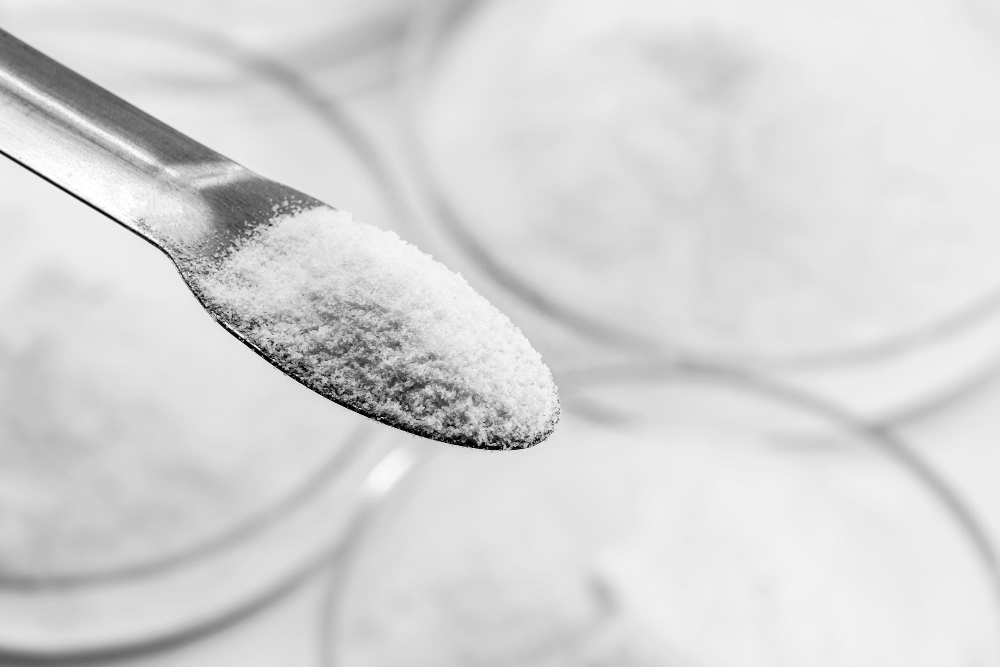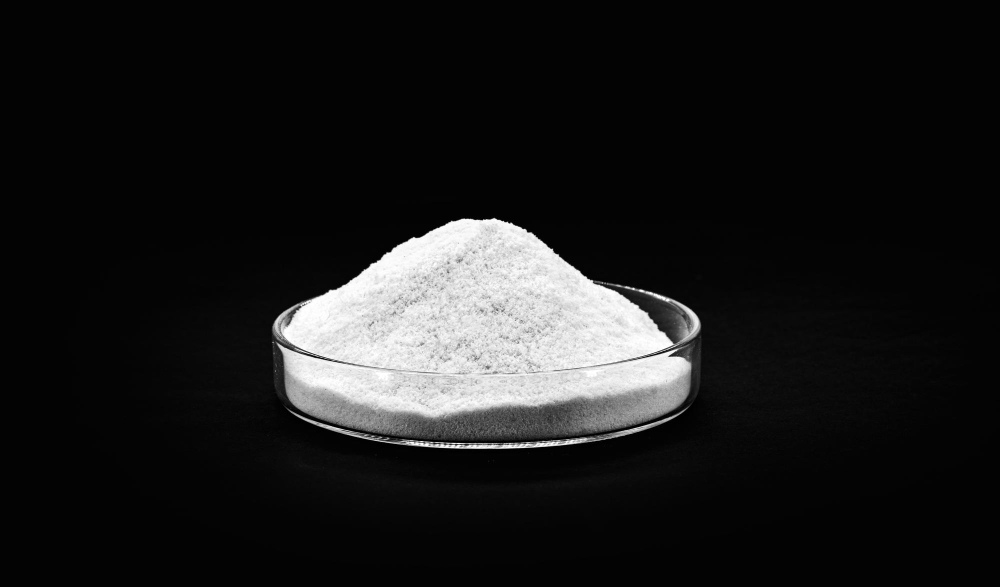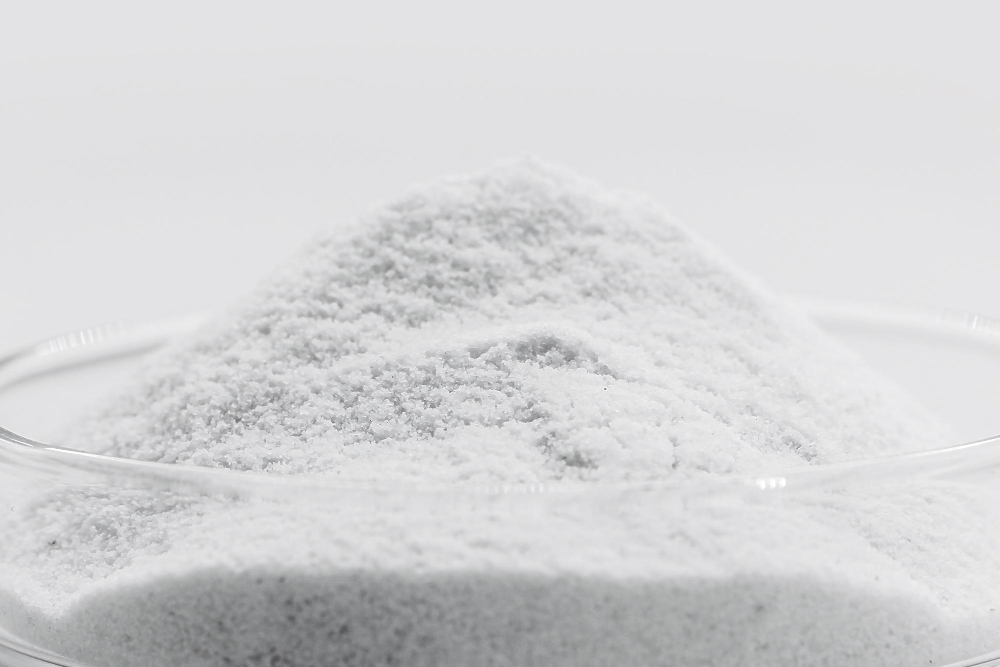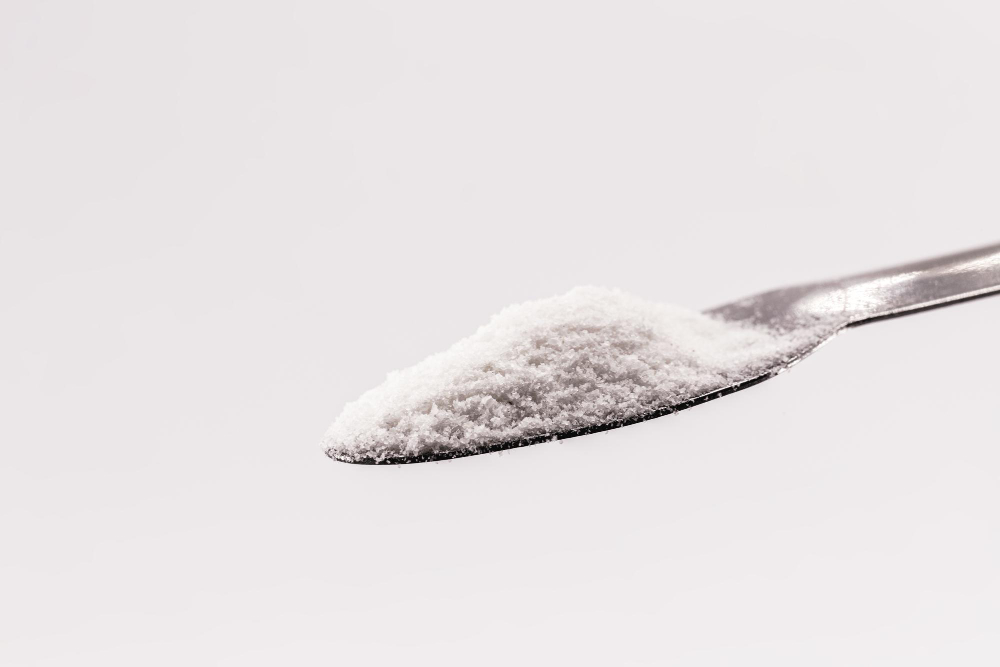
Caffeine and Sports Performance: What the Research Really Says
Introduction
Caffeine is one of the most widely consumed psychoactive substances in the world and has been studied extensively for its impact on sports performance. From endurance athletes to strength trainers, caffeine has earned a reputation as a reliable performance-enhancing aid. This article reviews the scientific evidence behind caffeine, its mechanisms of action, and practical considerations for athletes.
How Caffeine Works in the Body
Caffeine primarily acts as a central nervous system stimulant by blocking adenosine receptors in the brain. Adenosine is a neurotransmitter that promotes relaxation and drowsiness; by inhibiting its effects, caffeine increases alertness and reduces the perception of fatigue.
Additionally, caffeine can:
- Increase the release of adrenaline (epinephrine), which enhances energy availability.
- Mobilize fatty acids from fat tissue, potentially sparing muscle glycogen during endurance exercise.
- Improve neuromuscular function by enhancing the connection between the brain and muscle activation.
Research on Endurance Performance
Endurance athletes were among the first to benefit from caffeine research. Studies consistently show that caffeine improves time to exhaustion and overall endurance performance.
- A 2019 meta-analysis published in Sports Medicine concluded that moderate doses of caffeine (3–6 mg per kg of body weight) significantly improved aerobic endurance, particularly in activities lasting more than 20 minutes.
- Cyclists, runners, and rowers often experience faster times and less perceived exertion when consuming caffeine before competition.
Research on Strength and Power
The benefits of caffeine extend beyond endurance sports into strength and high-intensity exercise.
- Research in the Journal of Strength and Conditioning Research found that caffeine ingestion can increase maximal strength, muscular endurance, and power output.
- Caffeine appears particularly effective for explosive movements, such as sprints, vertical jumps, and Olympic lifts.
Cognitive Benefits for Athletes
Sports performance is not purely physical—it requires focus, decision-making, and reaction time. Caffeine has been shown to:
- Enhance concentration and alertness.
- Improve reaction times in both endurance and skill-based sports.
- Delay mental fatigue in long competitions.
This makes caffeine especially useful in sports that demand strategy, quick thinking, and prolonged focus.
Dosage and Timing
The most common performance-enhancing dose of caffeine ranges from 3–6 mg per kg of body weight, consumed about 30–60 minutes before exercise.
- Lower doses (~1–3 mg/kg) can still provide benefits without the jitteriness or gastrointestinal distress sometimes seen at higher levels.
- More is not necessarily better—doses above 9 mg/kg rarely provide additional benefits and may cause negative side effects such as anxiety, insomnia, or elevated heart rate.
Individual Responses and Considerations
Not all athletes respond to caffeine in the same way. Genetics, habitual caffeine use, and sensitivity play a role in its effectiveness. Some individuals are “fast metabolizers” and experience strong benefits, while others may see little improvement or even side effects.
Additionally, athletes must consider:
- Hydration: While caffeine has mild diuretic effects, research shows it does not cause significant dehydration in habitual users.
- Sleep quality: Late-day caffeine can interfere with recovery if it disrupts sleep.
- Banned substance lists: While caffeine is currently permitted by the World Anti-Doping Agency (WADA), it was previously restricted, and levels are still monitored.
Conclusion
The scientific consensus is clear: caffeine is one of the most effective, safe, and accessible performance-enhancing supplements available. Whether improving endurance, strength, or focus, caffeine offers measurable benefits backed by decades of research.
For athletes, the key lies in finding the right dose and timing that maximizes performance while minimizing side effects. As always, consulting with a healthcare professional or sports nutritionist is recommended before making significant changes to supplementation strategies.
Sources
- Grgic, J., Grgic, I., Pickering, C., Schoenfeld, B. J., Bishop, D. J., & Pedisic, Z. “Wake Up and Smell the Coffee: Caffeine Supplementation and Exercise Performance—An Umbrella Review of 21 Published Meta-Analyses.” British Journal of Sports Medicine, vol. 54, no. 11, 2020, pp. 681–688. doi:10.1136/bjsports-2018-100278.
- Southward, K., Rutherfurd-Markwick, K. J., & Ali, A. “The Effect of Acute Caffeine Ingestion on Endurance Performance: A Systematic Review and Meta-Analysis.” Sports Medicine, vol. 48, no. 8, 2018, pp. 1913–1928. doi:10.1007/s40279-018-0939-8.
- Grgic, J., Trexler, E. T., Lazinica, B., & Pedisic, Z. “Effects of Caffeine Intake on Muscle Strength and Power: A Systematic Review and Meta-Analysis.” Journal of the International Society of Sports Nutrition, vol. 15, no. 1, 2018, p. 11. doi:10.1186/s12970-018-0216-0.
- Doherty, M., & Smith, P. M. “Effects of Caffeine Ingestion on Exercise Testing: A Meta-Analysis.” International Journal of Sport Nutrition and Exercise Metabolism, vol. 14, no. 6, 2004, pp. 626–646. doi:10.1123/ijsnem.14.6.626.
- McLellan, T. M., Caldwell, J. A., & Lieberman, H. R. “A Review of Caffeine’s Effects on Cognitive, Physical and Occupational Performance.” Neuroscience & Biobehavioral Reviews, vol. 71, 2016, pp. 294–312. doi:10.1016/j.neubiorev.2016.09.001.

.svg)




